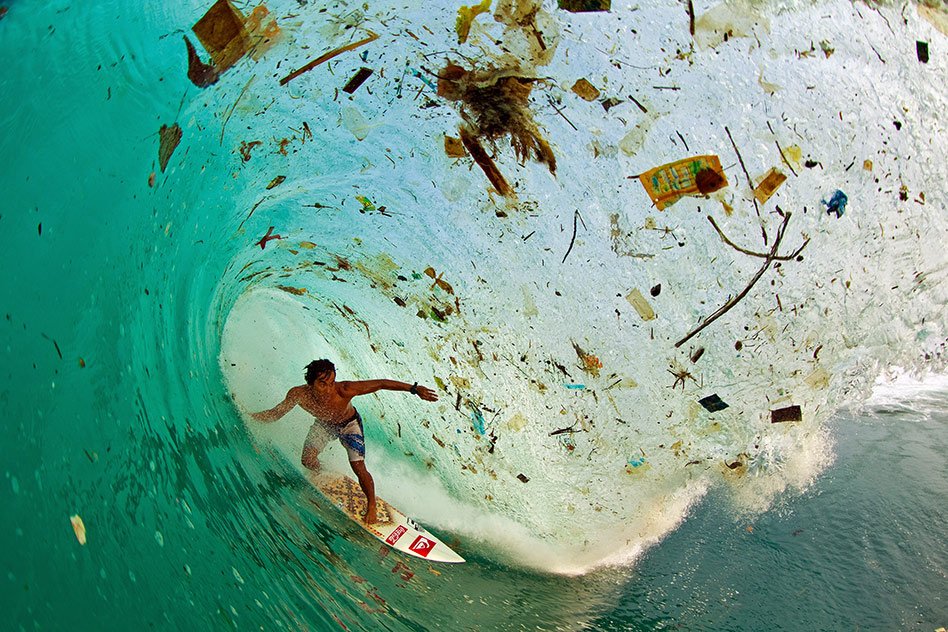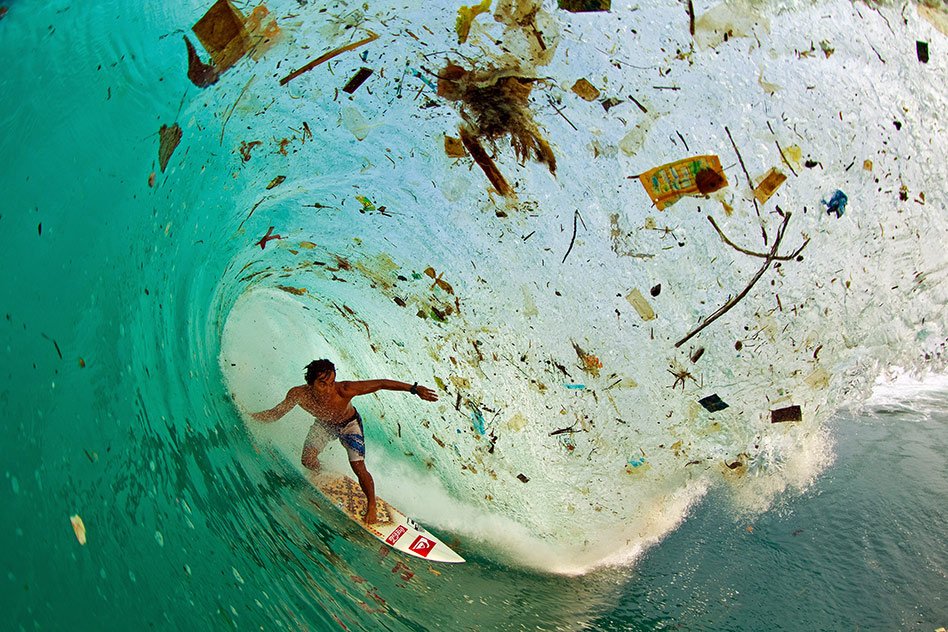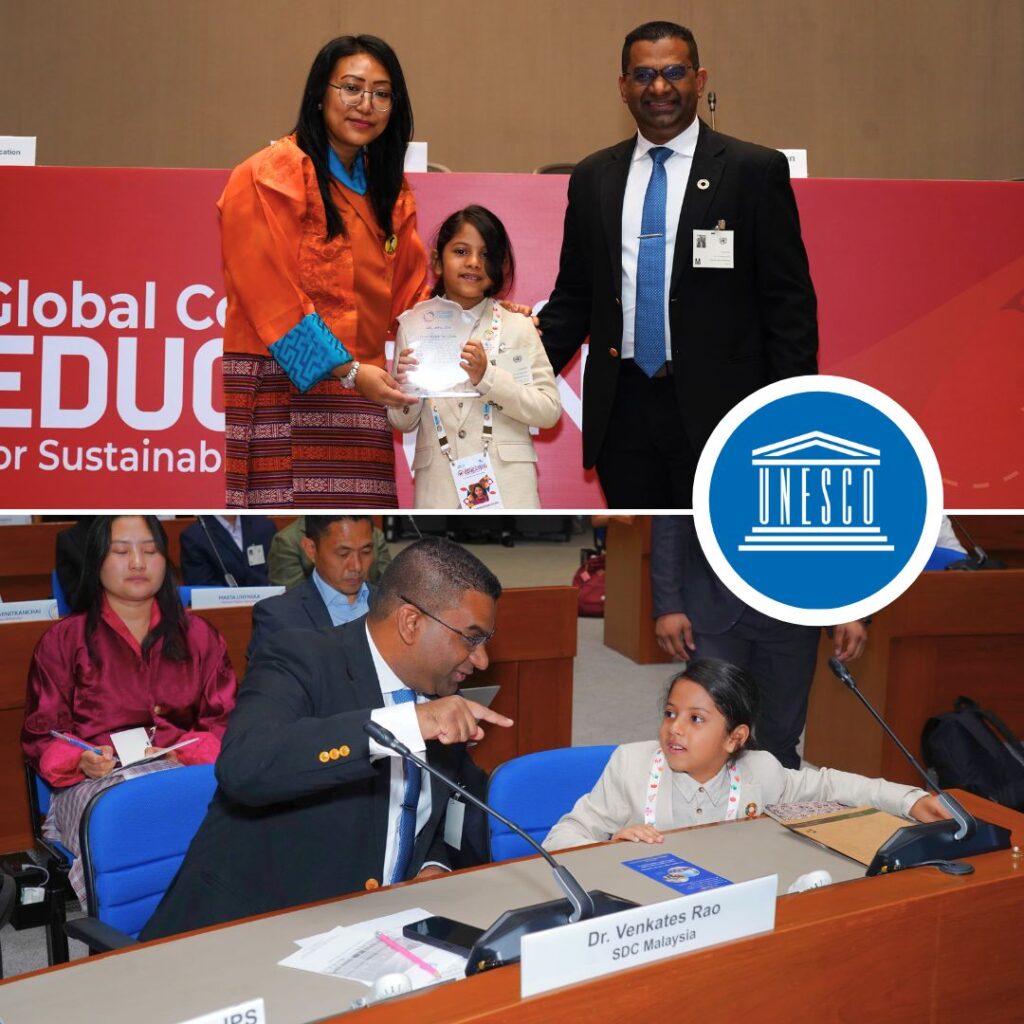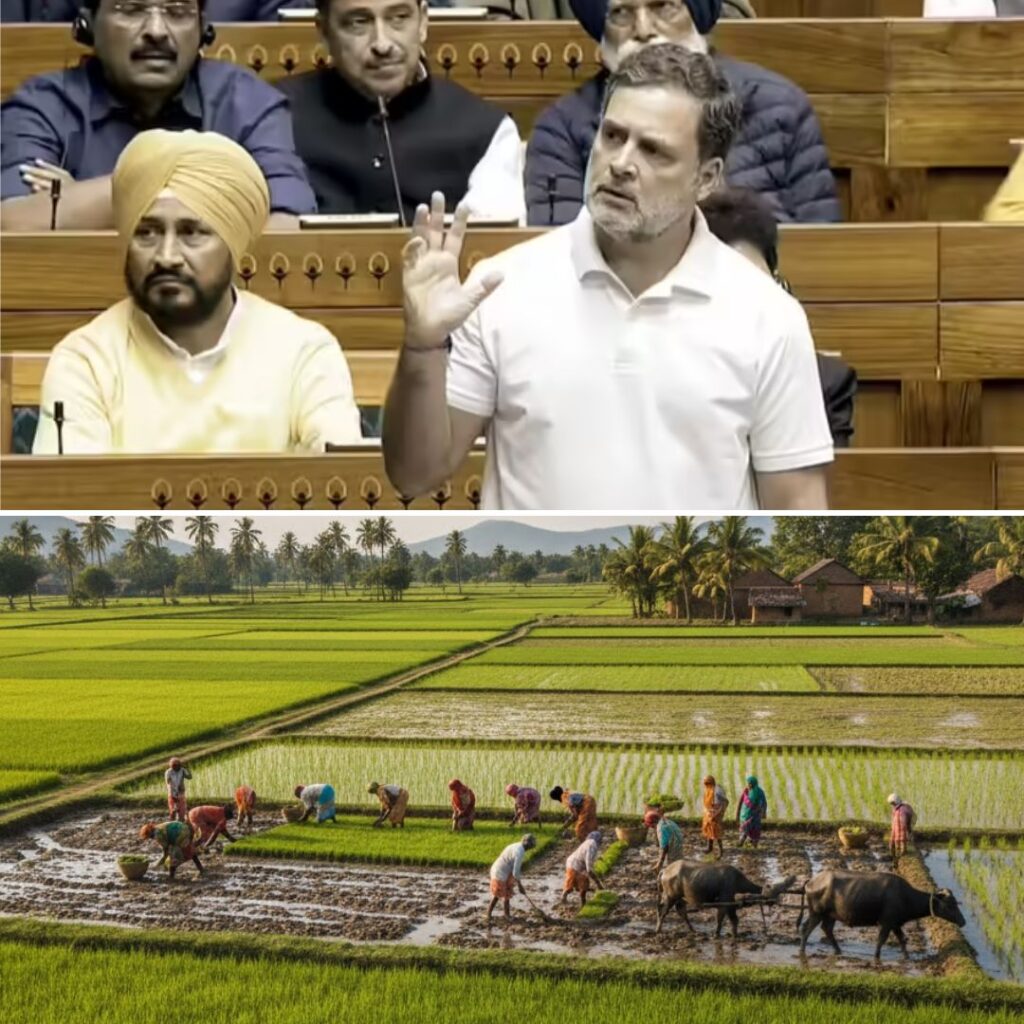Image Source: smallscales
We live in a plastic convenience culture; virtually every human being on this planet uses plastic materials directly or indirectly every single day. Every year we eat and drink from some 34 billion newly manufactured bottles and containers. Our babies begin life on earth by using some 120 million pounds of plastic diaper liners each year; we give them plastic milk bottles and plastic toys. In total, our society produces an estimated 60 billion tons of plastic material everywhere.
Plastic and pollution
Each of us on average uses 190 pounds of plastic annually: bottled water, fast food packaging, furniture, syringes, computers, packing materials, garbage bags and so much more. This plastic does not biodegrade and remains in our ecosystem permanently, an incredibly high volume of accumulated plastic trash has been built up. Where does it go? There are only three places it can go: our earth, our air, and our oceans. And it’s increasingly finding its way into our oceans. Today billions of pounds of plastic can be found in swirling convergences making up about 40 percent of the world’s ocean surfaces.
Yet we give this global threat very little thought at all. It is out of the sight of land-dwelling humanity and thus out of mind. Plastic pollution affects the economy, costing us untold money spent in beach cleanups, tourism losses, and damages to fishing and aquaculture industries.
The plastic products that end up in the sea because of consumers constitute less than 30 percent of the total plastics dumped into the oceans each year. The greater amount comes from accidental spillage of plastic resin pellets produced by the petrochemical industry for the purpose of manufacturing consumer plastic products.
For most people, the ocean is a big toilet. The belief is that garbage, sewage and plastics are dispersed and taken away. Even the litter management fails to address the unsustainable consumption of resources involved in producing packaging and single use disposable goods, resulting in the interaction of marine mammals and reptiles with thousands of tons of plastic.
 Image source: thinglink
Image source: thinglinkThreats
Plastics pollution has a direct and deadly effect on wildlife. A floating garbage bag looks like a jellyfish to a turtle. Garbage bags, plastic soda rings, and Styrofoam particles are regularly eaten by sea turtles. The plastic clogs the turtle’s intestines, robbing the animals. Thousands of seabirds, seals, and other marine mammals die grisly deaths each year after ingesting plastic or getting entangled in it. The big things living in the ocean usually sink when they die, which is why any estimate of ecological impacts, from propeller scars to entanglement in fishing nets are nearly impossible. It also outnumbers fish food like zooplanktons six to one.
The Logical Indian take
The most effective way to stop plastic pollution in our oceans is to make sure it never reaches the water in first place. We all need to do our fair share to stop plastic pollution: individuals need to recycle and never litter, but producers of single use plastic packaging need to do more too. We need producers to design packaging so that it is fully recyclable, and so there is less waste generation.
-Mansi Saini




 Image source:
Image source: 






